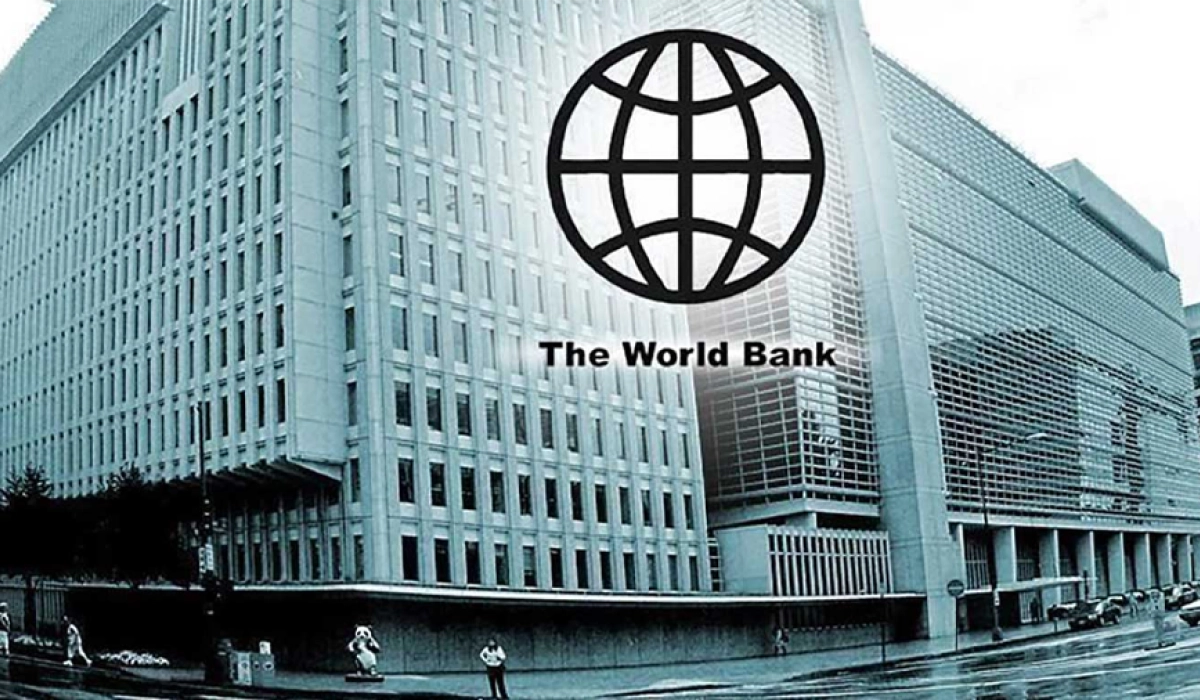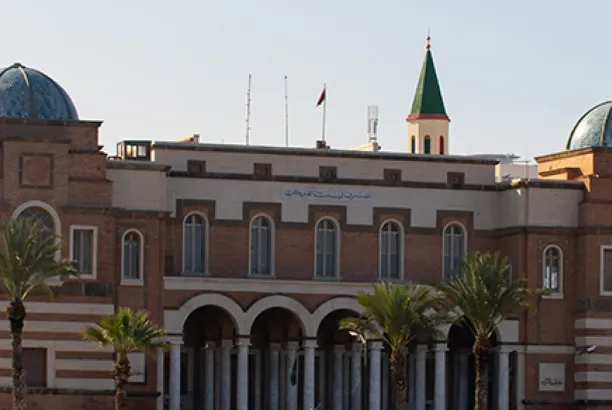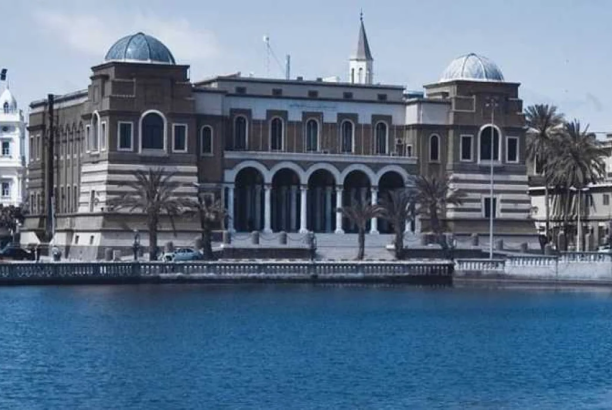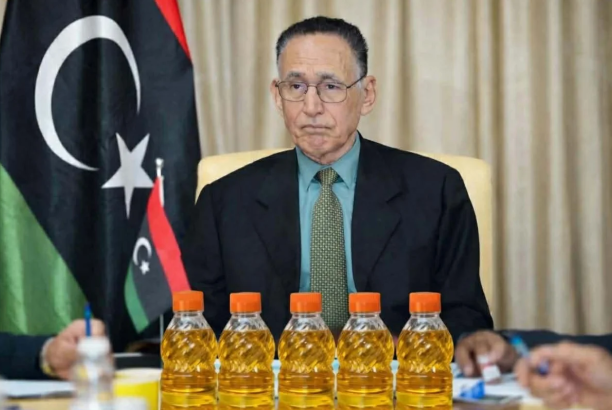The World Bank revealed today, Tuesday, a report stating that the Libyan economy showed promising signs of recovery during 2024 and remained resilient despite challenges stemming from its reliance on hydrocarbons and the ongoing political and security instability.
According to the World Bank’s latest report on Libya, the economy contracted by 0.6%, mainly due to a 6% decline in oil GDP, affected by political and institutional disruptions resulting from the Central Bank of Libya crisis in August. However, non-oil GDP increased by 7.5%, driven by strong private and public consumption, partially offsetting the decline.
The World Bank stated that this performance highlights the reliance on the oil sector and the need for structural reforms to boost non-oil sectors and reduce hydrocarbon volatility, while addressing political instability and improving governance.
The Bank confirmed that by 2025, the Libyan economy is expected to rebound with the expansion of oil sector activities. Oil production is also expected to average 1.3 million barrels per day, surpassing its 10-year historical average, marking a 17.4% increase over 2024. As a result, GDP is projected to grow by 12.3%, while non-oil GDP growth is expected to remain around 5.7%, supported by consumption and exports, but is anticipated to slow to 4% in the medium term.
However, the Bank added that uncertainty clouds the outlook, and while strengthening political stability would bring substantial benefits to the Libyan economy, oil prices remain dependent on global growth prospects and future OPEC+ production levels.
The World Bank’s Director for the Maghreb and Malta stated that Libya is on a path toward economic improvement. Achieving political consensus on the transparent and effective management of the country’s oil wealth should significantly contribute to enhancing national stability and improving the well-being of its citizens.
He added: “In the medium term, the main economic challenge remains diversifying the economy and reducing dependence on hydrocarbons by promoting private sector-led growth and job creation.”






